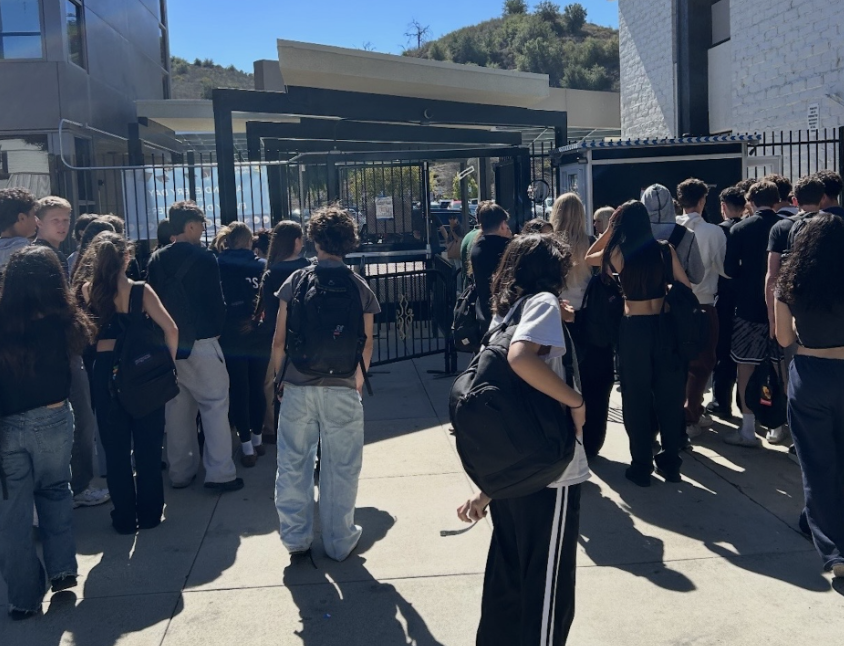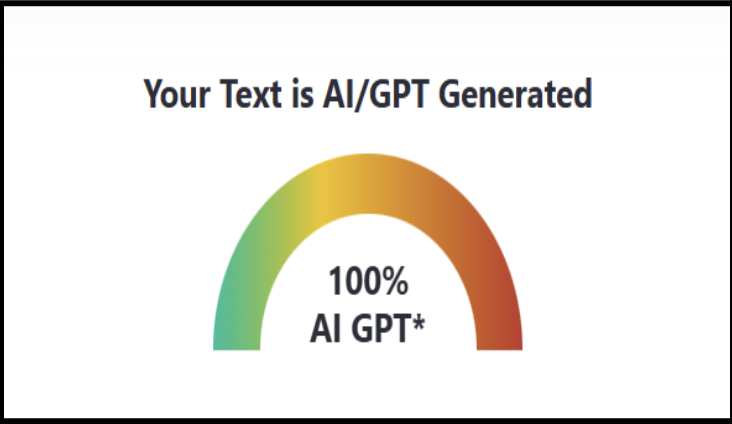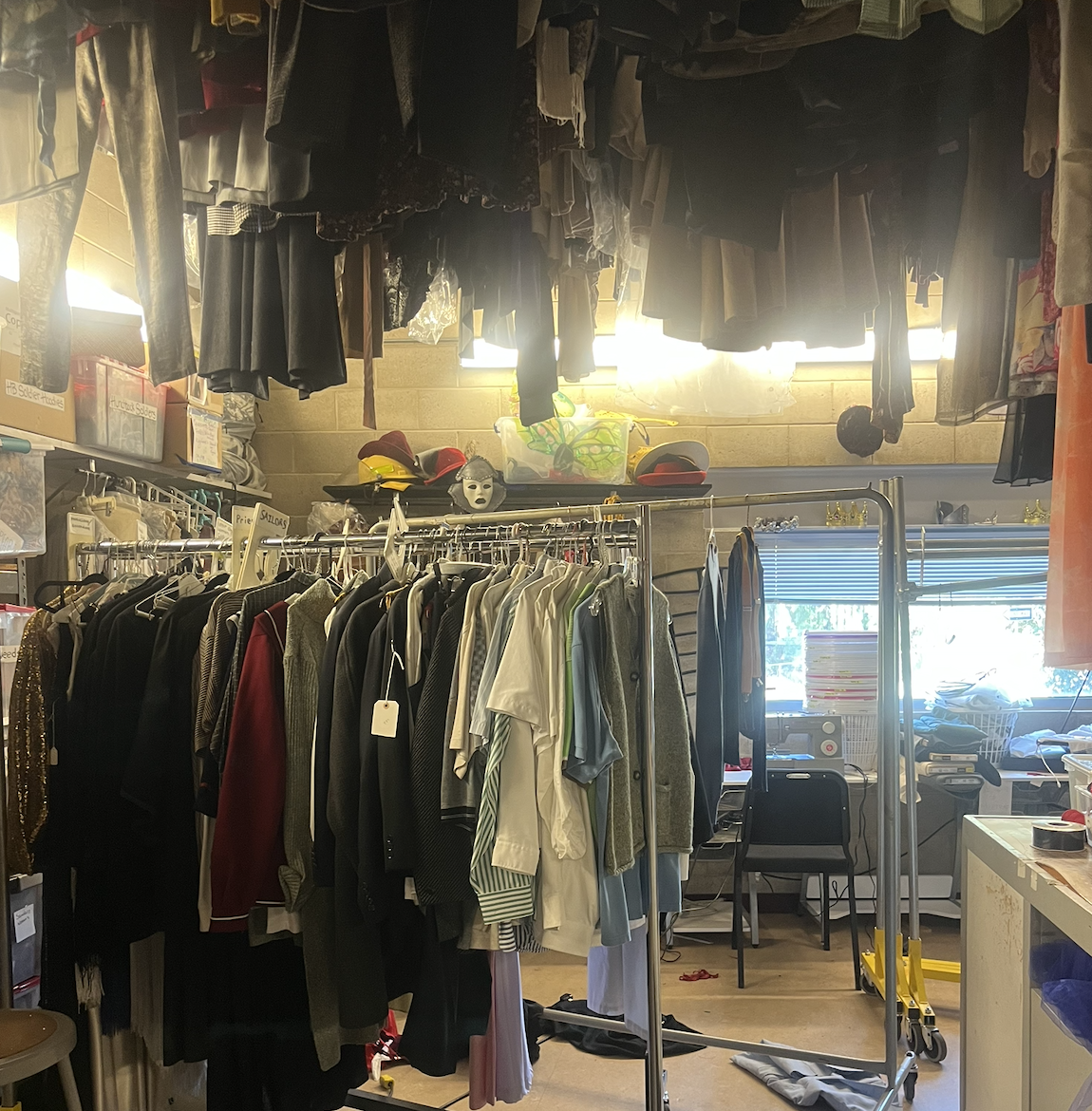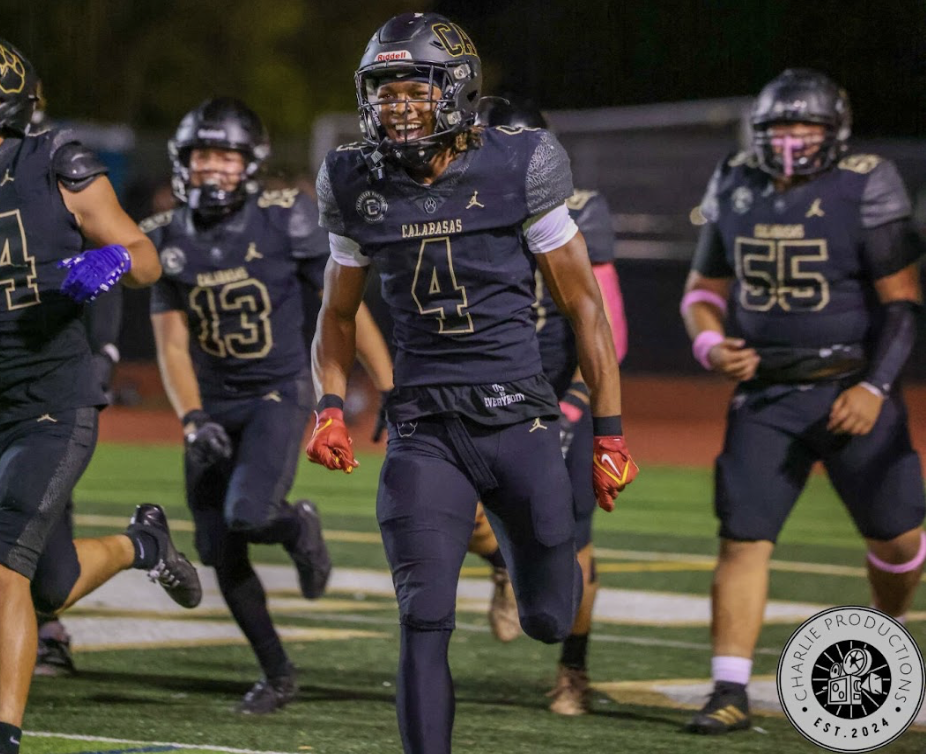We love the idea of second chances. Our society praises personal growth and rehabilitation, especially within prison walls. It feels modern, humane, and fair. But when someone intentionally ends a life, shouldn’t the consequences reflect the weight of what they’ve done? Shouldn’t we, at the very least, guarantee that the person who tore a hole in a family never gets the chance to do it again?
Philosophers have debated this for centuries. John Stuart Mill, a leading voice in utilitarianism, argued that the most ethical decision is the one that brings the greatest happiness to the greatest number. From that view, if a killer reforms and contributes positively to society, say, by mentoring inmates or decreasing the costs of incarceration, it may seem ethical to release them. But this is where utilitarianism breaks down. It turns justice into a math equation and ignores the irreversible pain one person caused another. A killer might bring new good into the world, but that doesn’t undo the evil they committed. Utilitarianism may offer logical reasoning in some cases, but it fails to understand basic human decency.
Immanuel Kant offered a different lens. He believed punishment should be based not on what benefits society, but on what is deserved. You punish someone not to produce more good, but because they committed a wrong. Kant’s framework gives us what utilitarianism lacks: moral clarity. If you intentionally take someone’s life, your right to freedom is lost, no matter how much you change. You must be punished, not released early for good behavior to reduce prison population statistics, but remain behind bars because justice demands it. Families of victims don’t get closure. That word is a myth. What they get, if anything, is reassurance. Reassurance that the person who destroyed their world will never again live freely while their loved one lies in the ground. That reassurance is sacred. It’s not about revenge. It’s about dignity. The day someone chooses to murder, they strip another person of their future. That choice should carry permanent consequences.
Of course, not every case involving a death is the same. Third-degree murder, for instance, is murder that lacks intent and is often the result of reckless behavior, not calculated malice. Likewise, killings that occur during wartime or in the line of duty by police officers also fall into this category–duty, context and necessity must be considered. These are among the few situations where life in prison may not be deserved, not because the loss of life isn’t tragic, but because the circumstances blur the line between guilt and responsibility. These distinctions can be made because true justice isn’t about a set-in-stone punishment, but about carefully weighing intent and context. But when someone deliberately chooses to end a life, fully aware of their actions and consequences, that line is no longer blurry. It’s crystal clear.
Take the Menendez brothers. Their story has found new life online. Viral edits showing them hugging celebrities, TikTok videos arguing they were victims themselves. Yes, they’ve reportedly reformed in prison, mentoring others and finding purpose. But does that change the fact that they shot their parents at close range with shotguns, then went shopping for Rolexes? There’s a difference between change and deserve. You can grow as a person and still never be worthy of freedom.
Hamarabi’s code states: “An eye for an eye.” Today, we don’t live by that law literally, but the spirit remains. If you intentionally destroy a life, you shouldn’t get to rebuild your own. That’s not barbaric. That’s justice. Prison should absolutely include opportunities for reflection and growth. But for murderers, those opportunities should happen behind bars, forever. Because once you’ve taken someone’s life, you don’t just owe a debt to the law, you owe it to the people who loved that person, who will carry their absence every day.
Ask any family who’s lost someone to murder. The grief doesn’t end when the trial does. The pain creeps into holidays where a seat stays empty. It crashes into birthdays that go uncelebrated. It finds them on an ordinary afternoon when they instinctively reach for the phone to call someone who will never answer again. Things don’t get better; they get different, and if the person who took that life is ever released, the wound reopens. What message does that send? That a life taken can be balanced out by good behavior? That growth outweighs grief? Justice must mean something. Not just for the sake of punishment, but for the sake of the people left behind whose lives were forever split into a before and after.
We can value rehabilitation while still believing that some acts are unforgivable. We can praise redemption while still rejecting freedom. Because in a world where second chances exist, we can’t forget the ones who never even got their first.















